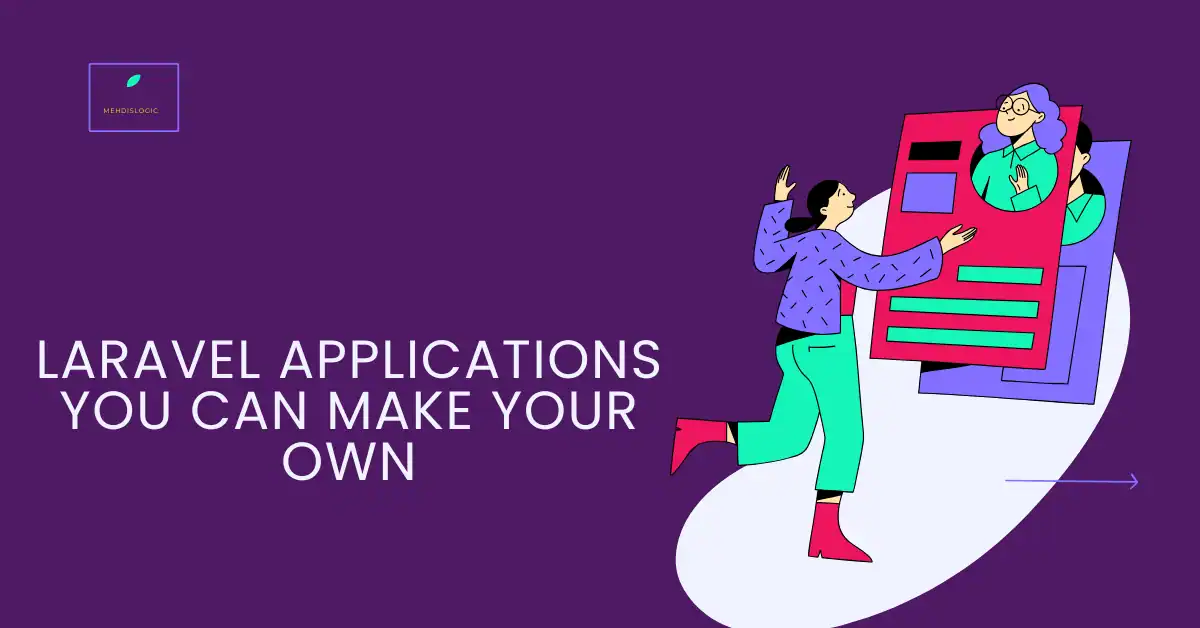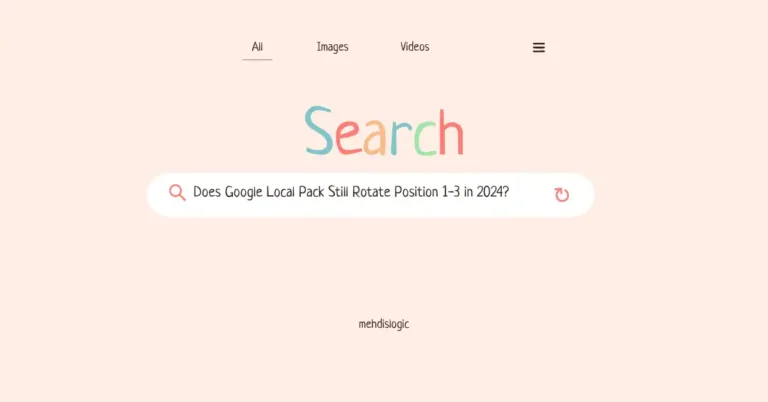Laravel Applications to Make Your Own
Introduction to Laravel Applications
Laravel has become one of the top frameworks for web developers. Known for its simplicity and flexibility, Laravel lets you build everything from small websites to complex applications. One of its best features is how customizable it is. This makes it perfect for developers who want to create a unique product that shows their style and needs.
Why Modify Laravel Applications?
Customizing a Laravel application allows you to create something tailored to your specific requirements. You can change the look and feel or adjust key functions of a Laravel application. This allows you to create an app that stands out and meets your needs.
Benefits of Customizing Laravel Apps
- Enhanced Personalization: A custom app reflects your brand and individual style.
- Improved User Experience: Personalizing features can make the app easier and more enjoyable to use.
- Boosted Performance: Custom code can lead to faster load times and better efficiency.
Getting Started with Laravel Customization
If you’re ready to start customizing Laravel, a good setup is essential. Let’s cover some basics to help you get started.
Setting Up Your Local Environment
Before making changes, set up a local development environment using tools like XAMPP or Laravel Homestead. This way, you can test updates and modifications in a safe environment before going live.
Understanding Laravel’s Structure
Laravel’s well-organized structure is one of its strengths. Key directories you’ll work with include:
- Routes: Manages the paths within your app.
- Controllers: Handles requests and defines the app’s logic.
- Models: Manages data interactions with your database.
- Views: Controls what users see and how they interact with the app.
Types of Laravel Applications You Can Customize
Laravel powers a variety of applications, and many of them are open-source and highly modifiable. Here are some common Laravel application types you can personalize.
1. Content Management Systems (CMS)
CMS platforms built on Laravel allow for easy and flexible content management, making them ideal for customization.
October CMS
October CMS is a Laravel-powered CMS known for its flexibility. You can add features, create custom themes, or adjust the structure to fit your brand or workflow.
2. E-commerce Platforms
Laravel offers several robust e-commerce platforms that can be customized to create a unique online shopping experience.
Bagisto
Bagisto is a powerful e-commerce solution built on Laravel. You can modify layouts, add new payment options, and adjust the checkout process to create a customized store.
3. Blogging Platforms
Laravel also supports blogging platforms that can be customized to create a personalized blog.
Canvas
Canvas is a Laravel-based blogging platform with a user-friendly dashboard for managing posts and media. By customizing Canvas, you can add features like social sharing, custom tags, and unique themes to make your blog stand out.
4. Customer Relationship Management (CRM) Systems
Laravel-based CRM systems allow businesses to manage customer data and interactions.
Laravel CRM
Laravel CRM is customizable. You can add new modules and features to create a CRM that fits your business needs.
Tips for Modifying Laravel Applications
Customizing Laravel apps can be a rewarding experience, but it’s essential to approach it with a clear plan. Here are some tips to help you get started.
Start with Small Changes
If you’re new to Laravel, begin with small modifications. Tweak the colors, fonts, or layout elements to familiarize yourself with the app’s structure before making significant changes.
Learn the Core Components
Core components like Blade templates, Eloquent models, and routes form the foundation of Laravel applications. Familiarizing yourself with these components will make customization easier.
Use Laravel’s Package Ecosystem
Laravel has a vast ecosystem of packages that can add functionality to your app. From user authentication to image processing, chances are there’s a package available for what you need.
Best Practices for Customizing Laravel Apps
Following best practices can help ensure that your Laravel application remains efficient, secure, and easy to maintain.
Maintain Clean Code
Keeping your code clean and organized is essential. Use consistent naming conventions and consider tools like PHP_CodeSniffer to maintain a clean codebase.
Back Up Regularly
Before making any significant changes, always back up your files. Laravel offers tools for database backups, but creating regular file backups will give you an extra layer of security.
Conclusion
Customizing a Laravel application can open up a world of possibilities. Laravel has a modular design and a wide range of packages. Its organized structure helps you build applications that are both functional and stylish. By following these tips and best practices, you can confidently modify Laravel applications and truly call them your own.
FAQs
1. What are some beginner-friendly Laravel applications to modify?
Start with OctoberCMS for content management or Canvas for blogging—they’re simple and easy to adapt.
2. How can I find packages to add features to my Laravel app?
Visit Packagist, a popular directory for Laravel packages, to find packages for various functionalities.
3. Is it necessary to back up my Laravel project?
Yes, regular backups protect against data loss and let you revert to earlier versions if needed.
4. Do I need extensive coding skills to modify Laravel applications?
Not necessarily. Start with minor changes, and as you gain experience, you’ll feel more comfortable with more significant customizations.
5. What tools can help with Laravel customization?
Helpful tools include Laravel Debugbar for debugging, PHP_CodeSniffer for maintaining code quality, and Laravel Forge for deployment.






